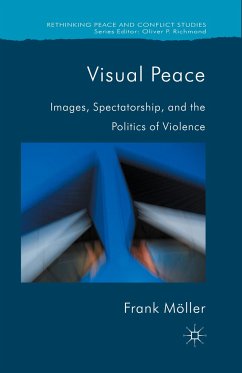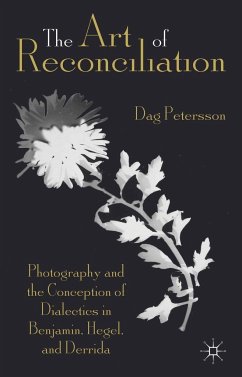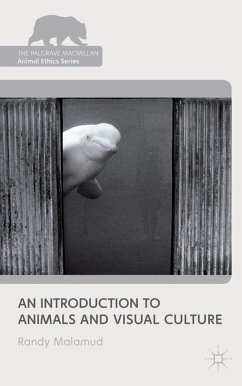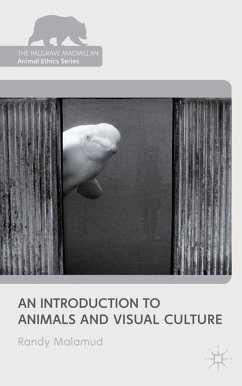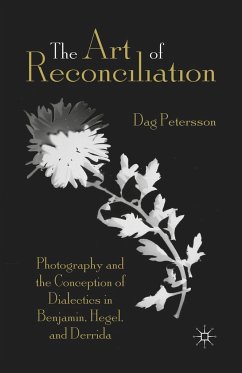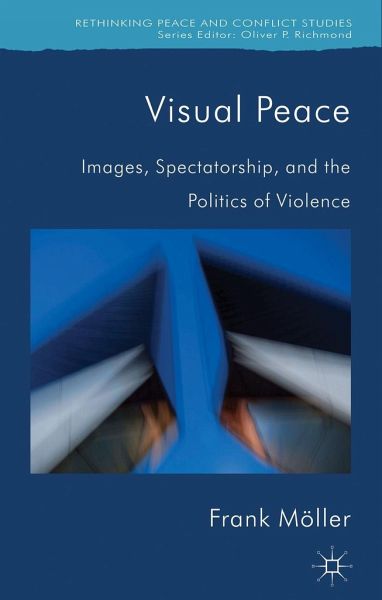
Visual Peace
Images, Spectatorship, and the Politics of Violence
Versandkostenfrei!
Versandfertig in 6-10 Tagen
38,99 €
inkl. MwSt.
Weitere Ausgaben:

PAYBACK Punkte
19 °P sammeln!
This book introduces a new research agenda for visual peace research, providing a political analysis of the relationship between visual representations and the politics of violence nationally and internationally. Using a range of genres, from photography to painting, it elaborates on how people can become agents of their own image.





